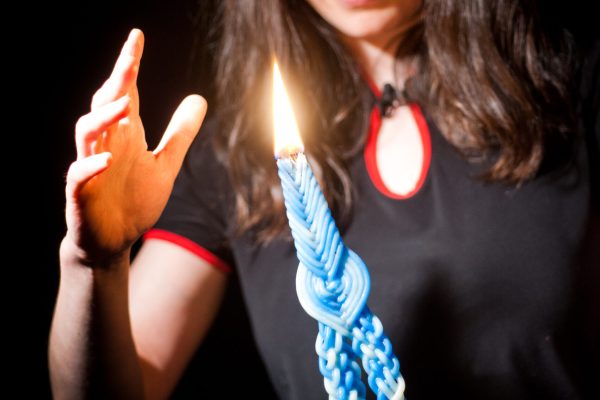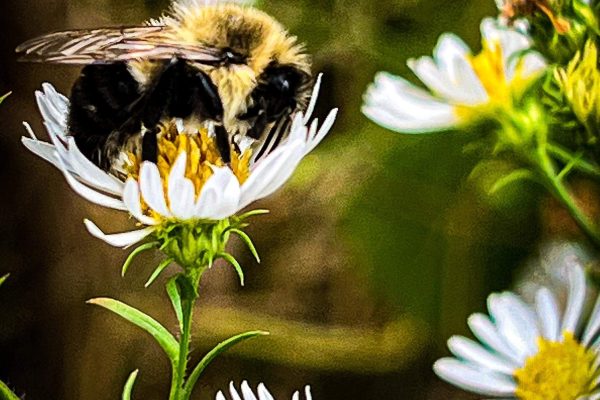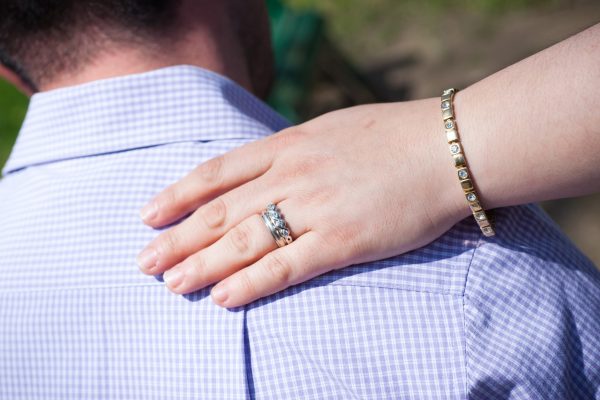Today we chant Eikha, listen to the destruction of ancient Jerusalem, hear the city weep for her children — bakho tivkeh ba’lailah — she weeps bitterly in the night, her tears are upon her cheeks. We wail and bemoan the world as it is. Our tradition teaches us that our individual laments form a collective lament, gathering the disparate parts of ourselves into a unified sorrow. It comes from the bones, from breath. The city weeps, and we weep with her, her wails are our breath, her voice in our mouths.
And at the end of this day, we’ll count seven weeks to Rosh Hashanah, ushering in the world as it should be, articulating our recommitment to the possibility of a different world. We’ll blow shofar to bring that world forward, to mark the change. The shofar transforms that which is of this world, the breath, into something entirely new, something of the world to come. With our voices we cry out in sorrow, we cry out for justice, and we raise our voices through the call of the shofar.
God of transformation, God of teshuvah: May this call of the shofar be a bridge between Olam Hazeh and Olam Haba. May this call reaffirm for us that just as we can be transformed in the season of turning, our world too can be transformed.
God of transformation, God of teshuvah: May this call blast into our consciousness the possibility of redemption, of an end to the dehumanizing and targeting of immigrants, of a world in which all people find sanctuary, safety, and home.
God who releases the bound, who strengthens the weary: May this call fortify all those impacted, suffering, and targeted by the cruelty of ICE, immigration policy, and the current administration. May this call fortify those who stand, organize, and resist in solidarity with immigrants. May this call fortify our reserves of courage and hope, and lead us toward action.
Republished with permission from T’ruah: The Rabbinic Call for Human Rights. Photo credit: Maria Alejandra Cardona/Courtesy of T’ruah.











